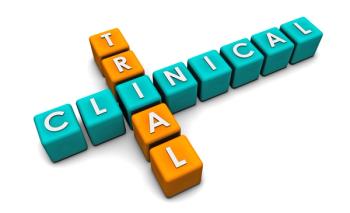
6 Challenges for Mental Health Providers Using ICD-10
The transition to ICD-10 poses unique challenges for mental health providers. Here are 6 documentation and coding issues they need to understand.
Mental health providers are in the unique position of using DSM-5 to support their current ICD-9-CM coding. This will not change with ICD-10-CM. As a result, DSM-5 already includes ICD-10 codes to help providers prepare for the transition. But this is not enough to prepare providers adequately for the change.Here are 6 documentation and coding issues to help guide clinicians transitioning to ICD-10.1. Multiple Diagnosis Codes2. Terminology Change3. Substance abuse, use, and dependence4. Special Considerations for Children5. New Disorders6. Visit typeWith over 300 new codes for mental health providers, along with some of these other key changes, there is value in reviewing ICD-10-CM Chapter 5 on mental, behavioral, and neurodevelopmental disorders. To gain a better understanding of coding of mental health services, the American Psychological Association is also offering specialty-specific resources. These two resources are a good place to start to begin improving documentation and getting familiar with the new codes.Further informationThe New, Confusing CPT Codes: How to Get Paid for What You Deserve (Podcast)Seeing the Forest Through the FeesTo view the slides in PDF format, click here.Ms Cavanaugh is an American Health Information Management Association approved ICD-10-CM trainer, certified coder, certified professional biller, and certified medical reimbursement specialist at Kareo. E-mail:Â michelle.cavanaugh@kareo.com.Â
Newsletter
Receive trusted psychiatric news, expert analysis, and clinical insights — subscribe today to support your practice and your patients.







